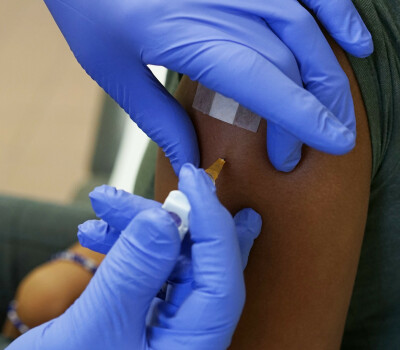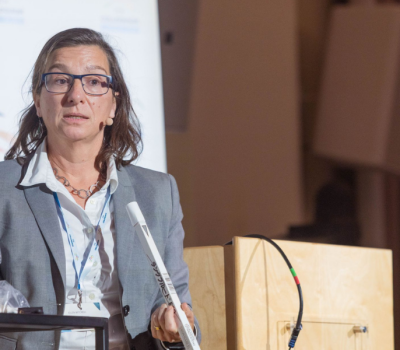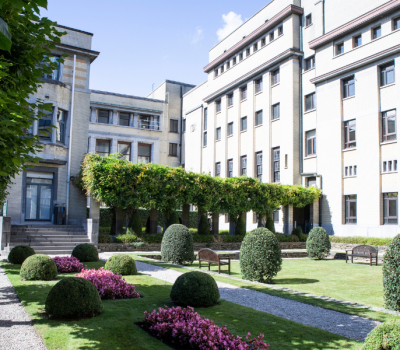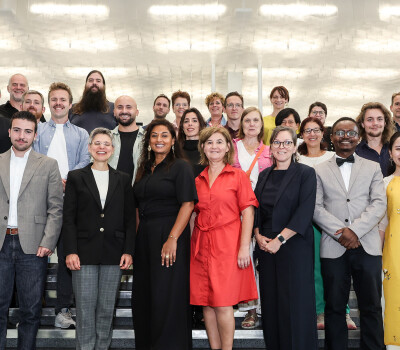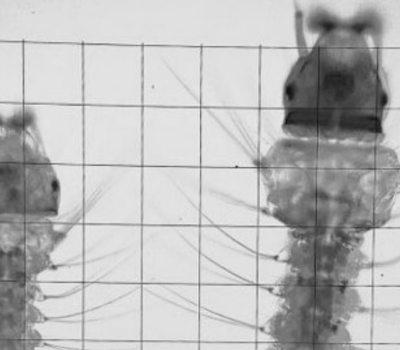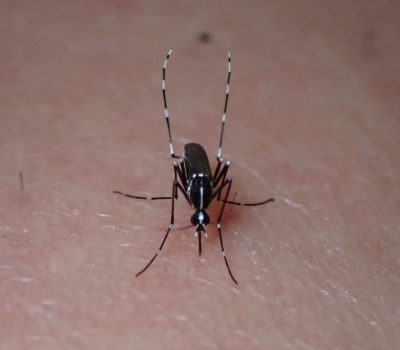Minister Prévot visits Congolese partners of ITM in fight against mpox and sleeping sickness
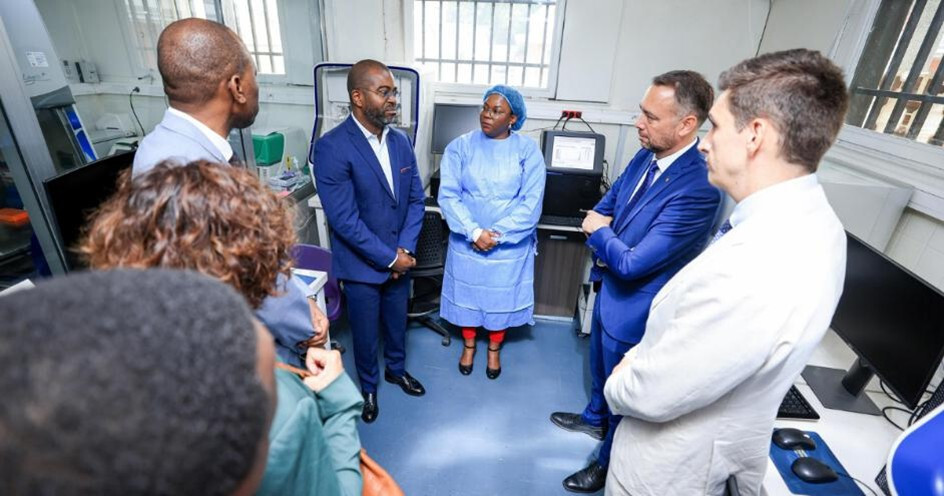
Belgium’s Deputy Prime Minister and Minister of Foreign Affairs, European Affairs and International Cooperation, Maxime Prévot, today visited two cornerstone partners of Antwerp’s Institute of Tropical Medicine (ITM) in Kinshasa: the Institut National de Recherche Biomédicale (INRB) and the Kabinda Hospital Centre run by Médecins Sans Frontières (MSF) Belgium. The visit highlighted Belgium’s role in tackling urgent global health threats such as mpox, and its decades-long contribution to the near-elimination of sleeping sickness in the Democratic Republic of Congo (DRC).
At INRB, Minister Prévot met with leading Congolese scientists whose work, often in close collaboration with ITM, has been critical in the rapid detection and response to mpox outbreaks. This partnership enabled researchers to quickly identify a new strain of the virus and evaluate vaccine, particularly for vulnerable patients. Belgium has already supported the delivery of 10,000 vaccine doses to protect those most at risk.
“The partnership between INRB and ITM is a textbook example of how sustained international academic cooperation saves lives,” said Minister Prévot. “Our joint work on mpox shows that science and solidarity can cross borders in the face of urgent threats. And our shared success in the fight against sleeping sickness proves that long-term commitment delivers lasting change, for DRC, and for global health.”
The Minister also highlighted the DRC’s progress towards eliminating sleeping sickness, driven by the national sleeping sickness control programme and INRB’s reference laboratory, with support from ITM. Thanks to the longstanding collaboration between these institutions with ITM and WHO, reported cases have dropped by 97% over the past 20 years. Scientists are now focused on maintaining diagnostics and surveillance systems to prevent resurgence. Belgium’s sustained support over decades has made this progress possible and attracted new global partners, including the European Union, the European & Developing Countries Clinical Trials Partnership (EDCTP), and the Gates Foundation. Belgium has a Memorandum of Understanding with the Gates Foundation, which expresses a joint commitment to the programme and to accelerating impact and progress towards elimination.
Science as a safeguard
The INRB–ITM partnership has also strengthened Congo’s wider health system and enhanced Belgium’s readiness to detect and respond to imported tropical diseases, from Ebola to HIV and mpox. Professor Laurens Liesenborghs of ITM, who co-leads the mpox research, underlined the importance of long-term partnerships: “Thanks to a decade-long collaboration, we were able to respond swiftly to mpox outbreaks in both the DRC and Belgium. Viruses know no borders, and neither should science.“
ITM Director Prof. Dr. Özge Tunçalp and INRB Director Prof. Dr. JJ. Muyembe Tamfum expressed appreciation for the long-standing support from the Belgian Federal Government. "International partnerships help both countries,” they said. “Investing in cooperation is also investing in a safer future. We applaud the Belgian government’s recognition of health as one of its three priorities in its' international strategy."
Minister Prévot concluded his visit at Kabinda Hospital Centre, a comprehensive treatment facility for patients with advanced AIDS run by MSF Belgium together with the Congolese National Program for the Treatment of AIDS. In addition to treating a large cohort of people living with AIDS, Congolese and Belgian teams are working together to evaluate the efficacy of mpox vaccines in people living with HIV+ who have complex medical needs.
Spread the word! Share this story on

